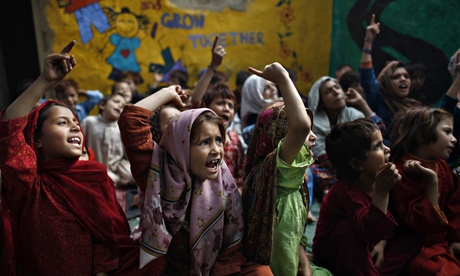
Law passed in Sindh province shows that despite religious opposition, steps taken to outlaw child marriage are taking effect.
The Council of Islamic Ideology (CII), one of Pakistan‘s most influential religious and constitutional bodies, has announced that girls are ready for marriage the moment they reach puberty.
This is not the first time the CII has condoned child marriage. In April, it ruled that banning such unions was anti-Islamic. While the ruling does not have any bearing on policymaking, it could have a major influence on local religious leaders nationwide.
But the CII’s controversial statements should not detract from the progress made on addressing child marriage in Pakistan. In fact, a new law that prevents under-18s, irrespective of gender, from getting married was passed unanimously by the provincial assembly in Sindh, raising hopes for the future for girls like Mehwish. The law also punishes those who facilitate, contract or perform such marriages with up to three years in jail and a fine of 45,000 rupees (£455).
To read more please go to the website where it was originally published:https://www.theguardian.com/global-development/2014/jun/02/pakistan-progress-ending-child-marriage?utm_content=buffer67a00&utm_medium=social&utm_source=facebook.com&utm_campaign=buffer
Mohammad Zia-ur-Rahman is the founder and chief executive of the Awaz Foundation Pakistan, a partner of Girls Not Brides, a global partnership to end child marriage
This post was originally published in The Guardian.